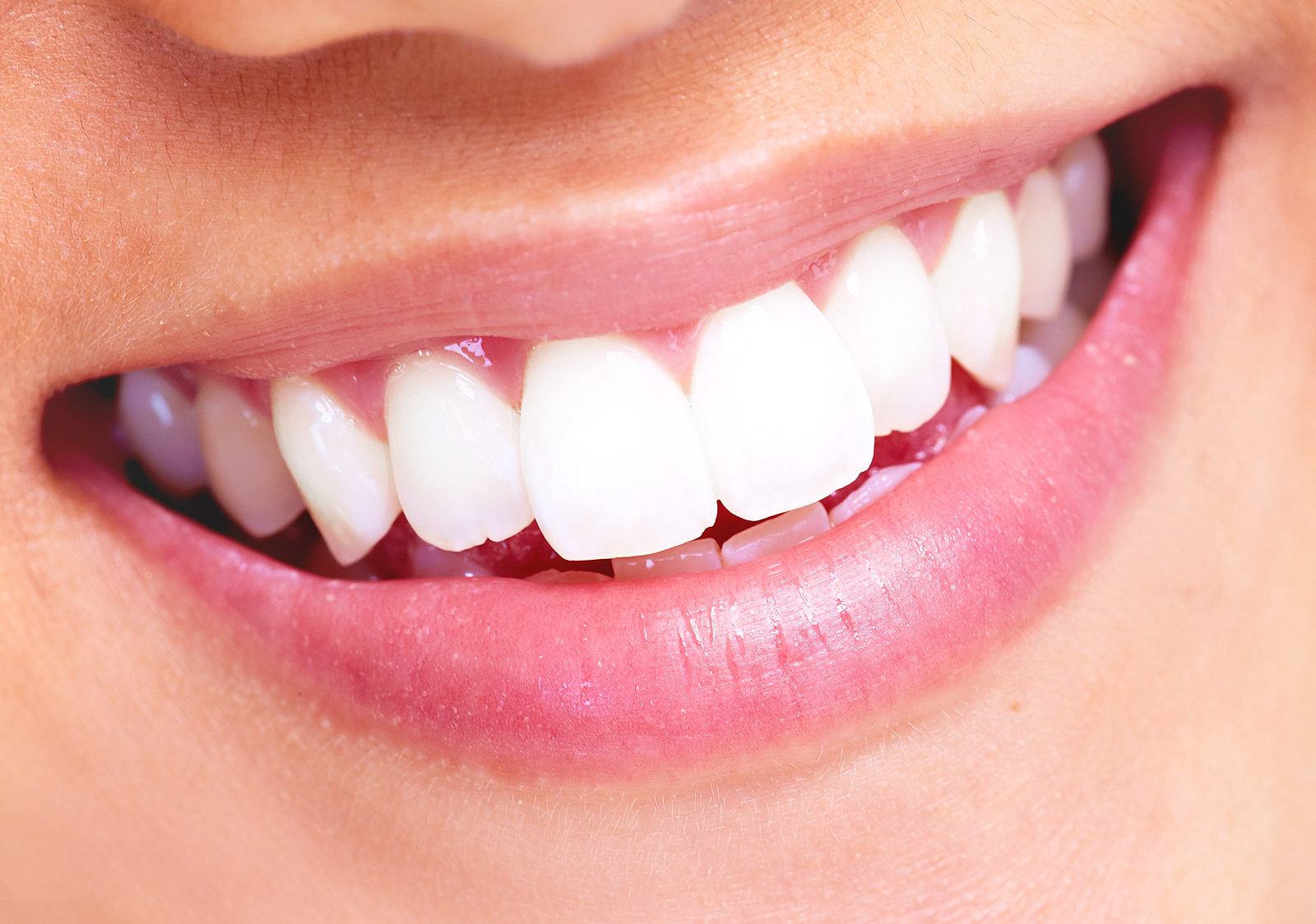WHAT ARE THE SIGNS AND SYMPTOMS OF TMJ?
That clicking in your jaw won’t stop on its own. And that pain when you chew won’t treat itself.
KNOW THE SIGNS AND SYMPTOMS OF TMJ SO YOU CAN TREAT IT EFFECTIVELY.
About 10 million people in the United States experience the negative effects of TMJ. The most common name for TMJ (referring to the Temporomandibular joint) is lockjaw, but most doctors will call it Temporomandibular Disorder or TMD. The Temporomandibular joint is a hinge which connects your jaw to your temporal bones in your skull in front of your ears. The joint lets you to move up and down and side to side. These motions are what give you the ability to open your mouth to chew, talk, yawn, and do other everyday things. This joint is covered with cartilage and uses a disk to absorb any shock. If there is any damage to the cartilage or disk, the movement can become rigid, painful, or incomplete. Untreated, TMJ can cause arthritis and other types of injury to your jaw. It can also cause you to chronically grind your teeth, damaging the enamel.
DETECTING THE SYMPTOMS OF TMJ EARLY
TMJ symptoms can be difficult to detect. Nearly a quarter of people with TMJ do not experience any pain or discomfort. TMJ symptoms can be the result of a singular trauma, although most people develop TMJ slowly and over a long period of time. It can point towards other issues like hormonal imbalance or unaddressed stress. Signs of TMJ include:
- General pain and discomfort near the jaw, neck, face, ears, and shoulders
- Clicking and popping sounds in the jaw
- Trouble and pain when chewing food
- Trouble sleeping
- Muscle spasms and swelling
- Ringing ears
- Aching all over the face
- Mouth cannot close or open all the way
CAUSES OF TMJ SYMPTOMS
It can be difficult to pinpoint a singular cause for TMJ. If you have an injury to your neck, jaw, face, or head, you may experience TMJ soon (if not immediately) after. But, again, TMJ typically develops slowly through stress, deterioration, and inflammation of the tissue near or around the joint. Avoid TMJ by avoiding foods that cause inflammation, reducing your stress, and checking with your dentist to see if your jaw is positioned correctly.
HOW TO TREAT TMJ
It is only in severe cases that TMJ is treated with surgery. Most cases of TMJ can be easily be treated by you at home.
- Reduce Stress: A clear connection has been made stating the amount of chronic stress you have increases the likelihood you will develop TMJ. If you have any symptoms of TMJ, start by investigating the stress in your life. Try stress reducing activities (such as exercise, meditation, and deep breathing) to reduce the negative effects of TMJ. It is also very important to get good rest — high quality rest and adequate sleep.
- Targeted Exercise: Before you try any targeted exercise, you should check with your doctor or physical therapist on how to perform them. The goal of targeted exercise is safely and consistently reduce the amount of stress on your Temporomandibular joint.
- Avoid Foods that Inflame: A cause of TMJ is inflammation in the Temporomandibular joint. To help avoid inflammation, it helps to avoid foods that cause inflammation such as refined sugar and enriched grain products.
If you are one of the 10 million Americans who suffer with TMJ, there are many simple, natural ways to prevent and treat it.






















0 comments